
To maintain a successful ketogenic diet and sustain ketosis, it's imperative to avoid high-carb foods like white bread, white pasta, and white rice, which contain significant amounts of refined carbohydrates. Starchy vegetables such as potatoes and corn, along with sugary fruits like bananas and mangoes, should also be eliminated. Be cautious with sweetened beverages including regular sodas and fruit juices, which contribute excessive carbs. High-carb snacks and dairy products like granola bars and cow's milk are also unsuitable. Avoid sugary cocktails and processed foods with hidden sugars. For a thorough understanding of which foods to avoid and why, continue exploring.
Key Takeaways
- White Bread: High in refined carbohydrates, disrupts ketosis.
- Regular Sodas: Contain large amounts of sugar, hindering ketosis.
- Potatoes: High net carb content, making them unsuitable for keto.
- Medium Banana: Excessive net carbs, not compliant with keto limits.
- Beer: Even light varieties have too many carbs for a keto diet.
Refined Carbohydrates
Refined carbohydrates, such as white bread and pasta, are particularly problematic for those following a ketogenic diet due to their high carbohydrate content and their impact on blood glucose levels.
For instance, a single slice of white bread contains approximately 13 grams of carbohydrates, which can greatly hinder the process of achieving and maintaining ketosis. Similarly, a cup of cooked white pasta contains around 33 grams of carbohydrates, making it challenging to stay within the strict daily carb limits prescribed by a keto diet.
For those considering other high-carb options, oatmeal and traditional cereals should also be avoided due to their considerable carbohydrate content.
Carbohydrate awareness is critical when considering refined cereals like white rice, which contains about 26.5 grams of carbs per half-cup serving. This high carbohydrate load can result in raised blood sugar levels, counteracting the primary goals of a ketogenic regimen.
Additionally, regular flour tortillas, which contain approximately 36 grams of carbohydrates each, pose a substantial challenge for individuals aiming to adhere to a low-carb dietary framework.
Starchy Vegetables
Starchy Vegetables
Starchy vegetables like potatoes, corn, and sweet potatoes are high in carbohydrates, which can lead to blood sugar spikes and disrupt ketosis.
For instance, a medium sweet potato contains approximately 20 grams of carbs, far exceeding the carbohydrate limits necessary for a keto diet.
These vegetables can also lack the essential vitamins and minerals found in non-starchy options.
Consequently, keto dieters should opt for non-starchy vegetables such as broccoli and cauliflower, which offer comparable nutritional benefits with markedly lower carb counts.
High Carb Content
Understanding the impact of high-carb vegetables on a ketogenic diet is essential for maintaining nutritional ketosis. Carb awareness is vital, as starchy vegetables like potatoes, sweet potatoes, corn, peas, and beets contain significant amounts of carbohydrates, which can disrupt ketosis.
A medium-sized potato, for instance, contains approximately 33 g of net carbs, far exceeding the daily limit for many keto dieters. Similarly, a medium sweet potato provides around 20 g of net carbs, and a cup of corn contains about 32 g of net carbs. These levels make such vegetables unsuitable for a keto diet.
Peas, though moderately lower in carbs, still present a challenge, with about 12 g of net carbs per cup. Beets, another high-carb vegetable, contribute approximately 14 g of net carbs per cup. Given these figures, it's evident that starchy vegetables should be limited or avoided to maintain ketosis.
For those seeking vegetable alternatives, non-starchy options like leafy greens, cauliflower, and zucchini are recommended. These alternatives offer essential nutrients while keeping carb intake within ketogenic parameters, supporting sustained nutritional ketosis and overall dietary goals.
Blood Sugar Spikes
While high-carb vegetables pose a clear challenge for maintaining ketosis, another critical consideration is the impact of these starchy vegetables on blood sugar levels. Starchy vegetables like potatoes, sweet potatoes, corn, and peas are notorious for their high carbohydrate content. For instance, a medium sweet potato contains around 20 grams of carbs, while a cup of corn provides approximately 32 grams. Such quantities can considerably raise blood sugar levels, leading to spikes that disrupt metabolic stability.
Furthermore, maintaining a ketogenic state necessitates strict carb awareness, with daily intake typically limited to 20 to 40 grams. Peas, with around 12 grams of net carbs per cup, and carrots, also containing 12 grams of net carbs per cup, can easily exceed these limits. The carb content in these foods not only impedes ketosis but also triggers blood sugar fluctuations, complicating the management of conditions like diabetes.
To mitigate these risks, individuals on a keto diet should consider starchy alternatives. Vegetables like cauliflower, broccoli, and zucchini offer markedly lower net carb counts. These low-carb options help maintain steady blood sugar levels and support the ketogenic dietary framework, reducing the likelihood of blood sugar spikes.
Low Nutritional Value
High-carb vegetables not only disrupt ketosis but also offer limited nutritional benefits compared to their low-carb counterparts. Starchy vegetables such as potatoes, corn, and sweet potatoes are high in carbohydrates, which makes them unsuitable for those following a ketogenic diet.
For instance, a medium sweet potato contains approximately 20 grams of carbs, posing a significant challenge to maintaining ketosis.
Peas, with around 12 grams of net carbs per cup, similarly impact daily carb limits. Carrots, while often considered a healthy choice, contain higher starch levels, with a single medium carrot offering about 6 grams of carbs.
Likewise, beets, containing 14 grams of net carbs per cup, should be limited or avoided to adhere to keto guidelines.
Opting for low carb alternatives is essential to preserve ketosis while ensuring nutrient density. Vegetables like cauliflower, with only 3.2 grams of net carbs per cup, serve as excellent substitutes.
These low-carb alternatives not only help maintain the ketogenic state but also provide essential nutrients. Emphasizing nutrient-dense, low-carb options can contribute to a more balanced and effective ketogenic diet.
Sugary Fruits
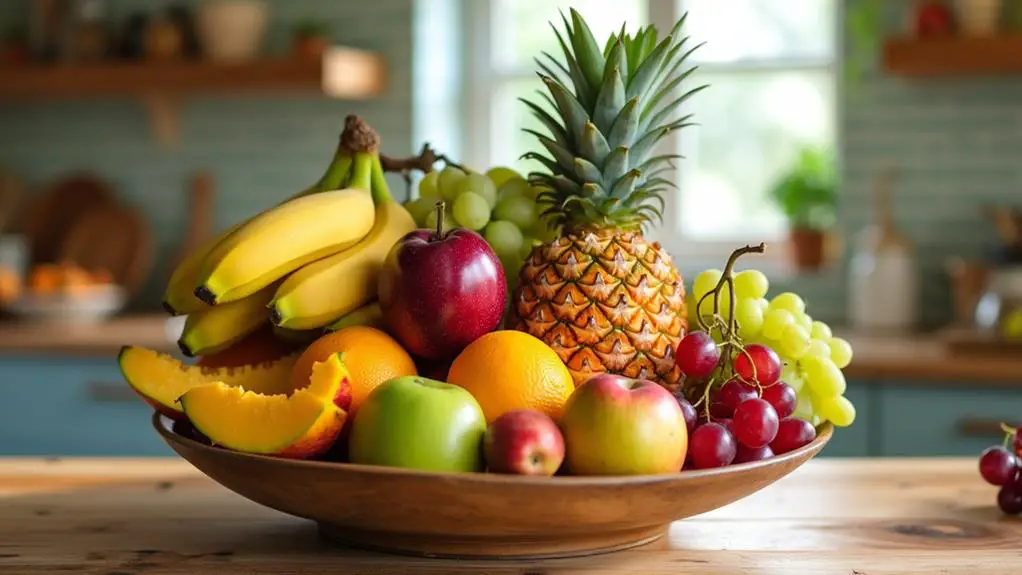
When adhering to a ketogenic diet, it is essential to be mindful of the natural sugars and carbohydrates present in many fruits, as they can greatly impact your ability to maintain ketosis. Many fruits are high in natural sugars and carbohydrates, making them unsuitable for a keto diet. For instance, a medium banana contains over 20 grams of net carbs, while a medium mango has approximately 22 grams of net carbs. Grapes are similarly high, with about 18 grams of net carbs per cup, and raisins pack an astounding 21 grams of net carbs in a small serving. Even a seemingly innocuous medium peach contains around 13 grams of net carbs.
Instead of these high-carb options, keto followers can opt for fruit alternatives that are lower in carbohydrates. Berries, particularly raspberries, are a favorable choice, with only about 3 grams of net carbs per ¼ cup. These low carb snacks can satisfy sweet cravings without jeopardizing ketosis.
| Fruit | Net Carbs (grams) |
|---|---|
| Banana (medium) | 20 |
| Mango (medium) | 22 |
| Grapes (cup) | 18 |
| Raisins | 21 |
| Peach (medium) | 13 |
| Raspberries (¼ cup) | 3 |
Sweetened Beverages
Avoiding sweetened beverages is crucial for maintaining ketosis, as they are often laden with high amounts of sugar and carbohydrates. Regular sodas, for instance, can contain up to 39 grams of sugar per 12-ounce can, which can greatly exceed the daily carbohydrate limit for those on a ketogenic diet.
Similarly, fruit juices, even those labeled as "100% juice," are high in natural sugars and low in fiber, often containing over 20 grams of carbohydrates per serving, making them unsuitable for a keto lifestyle.
Sweetened iced teas and flavored waters also pose a risk, as they may contain added sugars contributing to unnecessary carbs that can derail ketosis. Some brands of these beverages have upwards of 20 grams of sugar per bottle.
Additionally, cocktails and mixed drinks often include sugary mixers, resulting in high carbohydrate counts; for example, a piña colada can have around 32 grams of net carbs per serving.
To maintain ketosis, it is advisable to avoid all sweetened beverages and opt for low-carb dietary substitutes.
Beverage alternatives such as sparkling water or unsweetened tea can effectively support dietary goals while providing hydration without compromising carbohydrate limits.
These choices guarantee adherence to keto principles and promote overall metabolic health.
Processed Grains
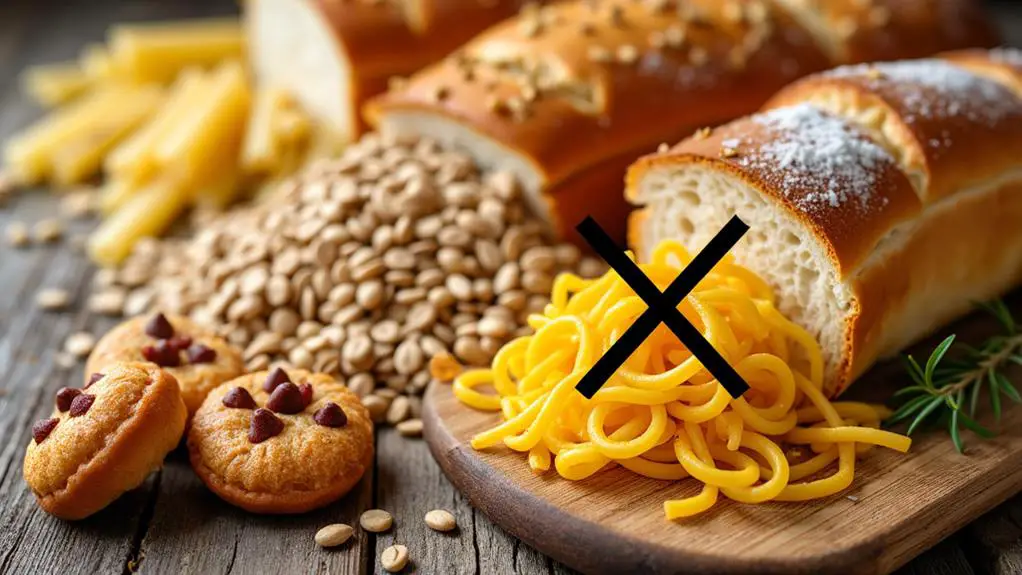
Processed grains are a substantial source of carbohydrates, making them incompatible with a ketogenic diet. For instance, a single slice of white bread contains approximately 13 grams of carbohydrates, which can quickly accumulate and impede ketosis.
Similarly, cooked white pasta is remarkably high in carbs, providing around 33 grams per cup. This high carbohydrate content makes it challenging to maintain the low carb intake essential for a ketogenic diet. The Keto diet restricts carbohydrate intake to around 5-10% of total daily calories, which is vital for sustaining ketosis.
White rice, another staple in many diets, offers about 26.5 grams of carbohydrates per half-cup serving, making it unsuitable for those aiming to stay in ketosis.
Additionally, white flour tortillas, commonly used in various cuisines, contain around 36 grams of carbohydrates per regular-sized tortilla. Such high-carb foods can greatly hinder the metabolic state of ketosis, where the body burns fat for energy instead of carbohydrates.
For those pursuing carb conscious baking and low-carb meal options, there are several grain alternatives available. Almond flour, for example, is an excellent substitute that is not only lower in carbohydrates but also higher in healthy fats, making it more suitable for keto-friendly recipes.
These alternatives enable individuals to enjoy diverse and satisfying meals while adhering to ketogenic principles.
Sugary Sweeteners
Sugary sweeteners, such as honey and maple syrup, contain high amounts of carbohydrates—approximately 17 grams and 13 grams per tablespoon, respectively—posing a significant challenge for those adhering to a keto diet. Their consumption can lead to spikes in blood sugar levels and provide minimal nutritional benefit.
Additionally, maltodextrin, another sugary sweetener, has a high glycemic index and can rapidly spike blood sugar levels, further complicating efforts to maintain ketosis.
To maintain ketosis and support metabolic health, it is advisable to opt for keto-friendly alternatives like stevia and monk fruit, which have negligible carbs and do not impact blood sugar levels.
High Carb Content
When following a ketogenic diet, one must be vigilant about the carbohydrate content of sweeteners, as even small amounts can greatly impact ketosis. For example, honey, a common natural alternative, contains approximately 17 grams of carbohydrates per tablespoon. This high carb content makes it unsuitable for those working to maintain ketosis, as the recommended daily carbohydrate intake for a keto diet is typically between 20 to 40 grams.
Similarly, maple syrup, another natural sweetener, carries roughly 13 grams of carbohydrates per tablespoon. This can considerably hinder the dietary goals of a ketogenic regimen, potentially pushing one well beyond the daily carb limit.
Agave nectar, often touted for its low glycemic index, still contains about 16 grams of carbohydrates per tablespoon, mainly due to its high fructose content.
The health implications of consuming these high-carb sweeteners are considerable. Excessive carbohydrate intake can not only disrupt ketosis but also lead to various metabolic issues. As a result, it is essential for individuals on a keto diet to seek natural alternatives that have lower carbohydrate content.
Options such as stevia or erythritol provide sweetness without the high carb load, helping to maintain the delicate balance required for ketosis.
Blood Sugar Spikes
Raised blood sugar levels are a significant concern for those adhering to a ketogenic diet, primarily due to the consumption of sugary sweeteners. Sugary sweeteners such as honey, maple syrup, and agave nectar are high in carbohydrates, making them incompatible with the strict carb limits of a keto diet.
For instance, honey contains approximately 17 grams of carbohydrates per tablespoon, while maple syrup and agave nectar have about 13 grams and 16 grams of carbohydrates per tablespoon, respectively. These high-carb contents can lead to significant blood sugar spikes, disrupting ketosis and effective blood sugar management.
The insulin response triggered by these sweeteners can be detrimental to maintaining a state of ketosis. Raised blood glucose levels stimulate insulin production, which can hinder the body's ability to burn fat for fuel.
This makes it essential to avoid sugary sweeteners not only in their pure form but also in processed foods and beverages. For example, a single can of soda can contain up to 39 grams of carbohydrates, far exceeding the daily carb allowance for ketosis and leading to unwanted blood sugar spikes.
Therefore, vigilance in avoiding added sugars is critical for ideal blood sugar management on a ketogenic diet.
Lack of Nutrients
While managing blood sugar spikes is a primary concern for those on a ketogenic diet, it is equally important to take into account the nutritional deficits associated with sugary sweeteners. Sugary sweeteners, such as honey and maple syrup, not only contain high carbohydrate counts (17 g and 13 g per tablespoon, respectively) but also lack essential nutrients.
This lack of nutrient density can notably hinder ketosis and undermine the dietary balance that a ketogenic diet aims to achieve.
Regular consumption of sugary sweeteners can lead to blood sugar spikes, contributing to metabolic instability and making it difficult for the body to remain in ketosis. In addition, many diet or low-fat products, often consumed for their perceived health benefits, contain added sugars and sweeteners that can lead to exceeding daily carb limits.
This not only disrupts ketosis but also contributes to nutrient deficiencies due to the excessive intake of empty calories.
To maintain a low-carb intake and avoid these nutrient deficits, it is essential to opt for sugar-free alternatives or natural substitutes like stevia or monk fruit.
These options help in preserving nutrient density and ensuring a more balanced dietary approach, vital for the success of a ketogenic lifestyle.
High-Carb Snacks
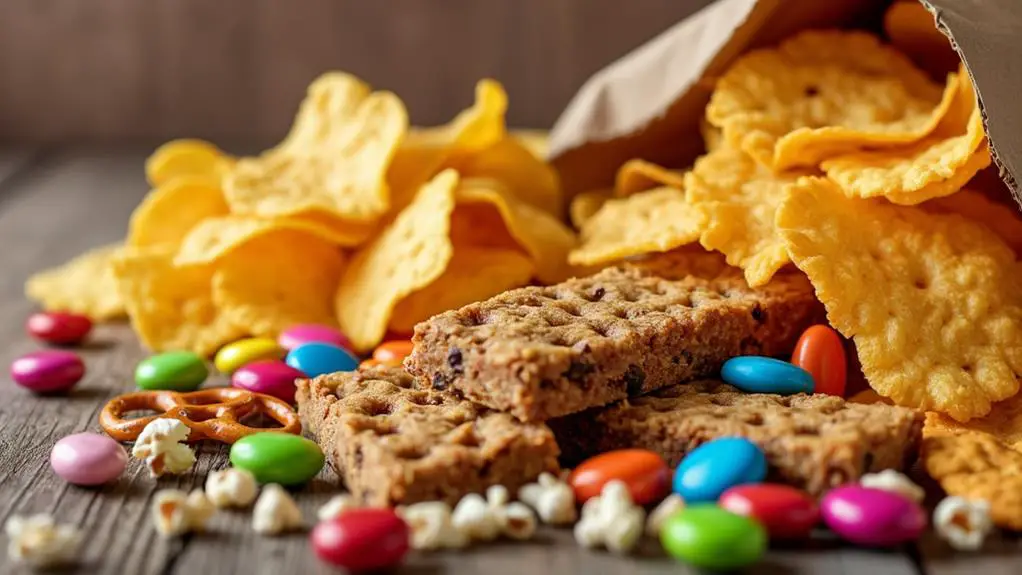
High-carb snacks pose a considerable challenge to those adhering to a ketogenic diet due to their substantial carbohydrate content. For instance, potato chips often exceed 15 grams of carbohydrates per serving, rendering them unsuitable for maintaining ketosis.
Similarly, granola bars—despite being marketed as healthy—can pack up to 20 grams of carbs per bar, primarily due to added sugars and fillers. These components can easily derail the metabolic state of ketosis. Additionally, hidden carbs from sauces and processed foods can further complicate the adherence to daily carb limits.
Pretzels are another common snack that poses issues for keto dieters, since they typically contain around 30 grams of refined carbohydrates per serving. This high carb intake is incompatible with ketogenic guidelines.
Packaged popcorn, while seemingly benign, also contributes considerably to carbohydrate consumption, with approximately 15 grams per standard serving. Consequently, it is a poor choice for those seeking to stay in ketosis.
Moreover, sweetened snacks like cookies and candy bars can contain upwards of 30 grams of sugar and carbs per serving, posing a considerable risk to maintaining ketosis.
To navigate these pitfalls, individuals on a keto diet should consider healthy alternatives and snack substitutions, such as nuts, seeds, and low-carb vegetables, which align better with ketogenic nutritional parameters.
Beer and Cocktails
Beer and Cocktails
Steering a ketogenic diet extends beyond just monitoring solid foods; beverages, particularly beer and cocktails, also require careful consideration due to their carbohydrate content.
Beer is particularly high in carbohydrates, with even low carb beers, such as light beers, containing approximately 6 grams of carbs per 12-ounce can. This can greatly impact one's daily carb limit, making it challenging to maintain ketosis. Additionally, the individual responses to different types of carbohydrates can vary, highlighting the need for personalized approaches.
Cocktails also present a considerable challenge for keto dieters. Many popular cocktails are crafted with sugary mixers and syrups, resulting in high carbohydrate counts. For instance, a piña colada can contain up to 32 grams of net carbs, while other mixed drinks, like margaritas and mojitos, can exceed 20 grams of carbs due to the inclusion of fruit juices and sweeteners.
Sweet wines and flavored liquors often have added sugars, rendering them unsuitable for those following a ketogenic diet.
To maintain ketosis, keto friendly cocktails should be prioritized. Opting for hard liquor mixed with unsweetened soda water is an excellent choice, as these combinations have negligible carbs.
Cow's Milk
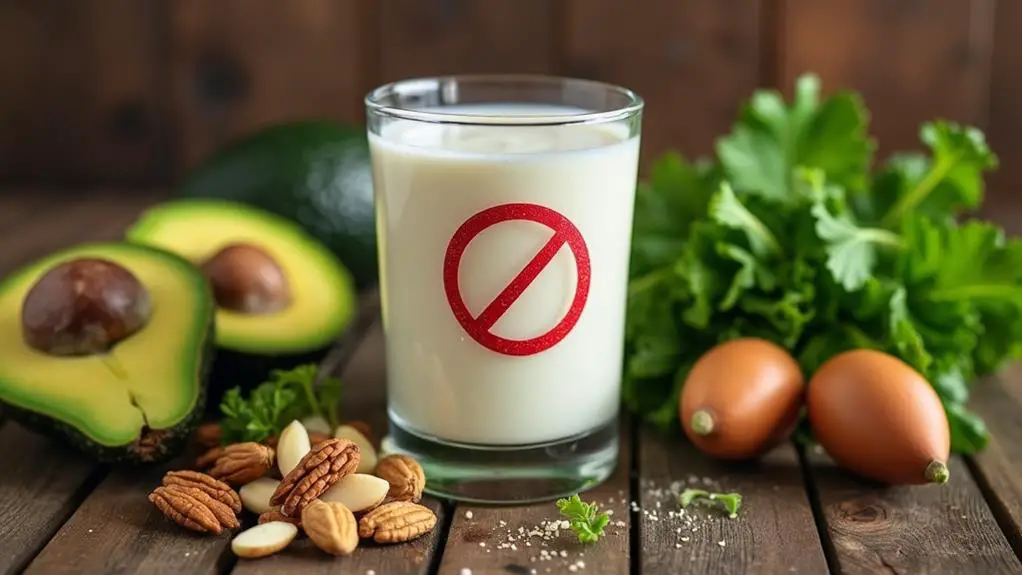
Cow's milk contains approximately 11.3 grams of net carbs per cup, primarily from lactose, which can considerably hinder the maintenance of ketosis.
The high carbohydrate content of cow's milk can lead to spikes in blood sugar levels, making it unsuitable for those adhering to a ketogenic diet.
Additionally, cow's milk lacks the high-fat content that makes other dairy options like whipping cream more keto-friendly.
For a more compatible alternative, many opt for unsweetened almond milk, which has about 1 gram of net carbs per cup.
High Carb Content
One common pitfall for those starting on a ketogenic diet is the inclusion of cow's milk, which, unbeknownst to many, contains approximately 11.3 grams of net carbs per cup. This high carb content poses a significant challenge for maintaining ketosis, as the ketogenic diet typically limits daily carbohydrate intake to under 20-40 grams. The lactose in cow's milk, a natural sugar, is a primary contributor to its heightened carb levels.
To adhere to keto guidelines while still enjoying dairy-like products, many turn to dairy alternatives and carb substitutes that offer lower carbohydrate contents. Here are some practical options:
- Unsweetened Almond Milk: With just about 1 gram of net carbs per cup, it is a favored substitute for cow's milk.
- Coconut Milk: Another popular choice, providing approximately 2 grams of net carbs per cup, while adding a distinct flavor.
- Flax Milk: Contains fewer carbs, typically around 1 gram per cup, and also offers omega-3 fatty acids.
- Macadamia Nut Milk: Offers a creamy texture with about 1 gram of net carbs per cup.
Incorporating these lower-carb dairy alternatives can help maintain the nutritional benefits of dairy while aligning with keto dietary restrictions.
Lactose and Ketosis
Understanding the role of lactose in cow's milk is fundamental when adhering to a ketogenic diet. Cow's milk contains approximately 11.3 grams of net carbs per cup, largely due to its lactose content. This natural sugar can greatly impact ketosis, the metabolic state essential for those following a keto regimen. The presence of lactose can hinder the body's ability to achieve and maintain ketosis, making cow's milk a less suitable option.
While whole milk provides essential nutrients such as calcium and vitamin D, its carbohydrate content exceeds the typical daily limits for those on a keto diet. Individuals with lactose intolerance might experience digestive discomfort, further complicating milk consumption.
In contrast, unsweetened almond milk and heavy cream are more keto-friendly alternatives. Unsweetened almond milk offers only about 1 gram of net carbs per cup, while heavy cream contains roughly 0.4 grams of carbs per tablespoon, both minimizing the ketosis impact.
| Milk Type | Net Carbs per Cup | Suitability for Keto |
|---|---|---|
| Cow's Milk | 11.3 grams | Low |
| Unsweetened Almond Milk | 1 gram | High |
| Heavy Cream | 0.4 grams (per tbsp) | High |
Choosing the right dairy alternatives can help maintain ketosis and avoid the negative effects associated with lactose intolerance.
Sweetened Yogurts
Sweetened yogurts, often marketed as a healthy snack option, can be misleading when it comes to their nutritional profile, particularly for those adhering to a ketogenic diet.
While they may offer a convenient and tasty treat, the added sugars in these yogurts can greatly increase their carbohydrate content, making them unsuitable for maintaining ketosis. A typical flavored yogurt can contain approximately 15-30 grams of carbohydrates per serving. In contrast, plain Greek yogurt has only about 8 grams of carbs.
Many yogurt brands include high-fructose corn syrup or other sweeteners that contribute to rapid spikes in blood glucose levels. For those on a keto diet, this can hinder the body's ability to stay in ketosis, as the body may revert to using glucose instead of fats for energy.
Recognizing serving sizes is also essential, as many packaged yogurts contain multiple servings, which can easily lead to excessive carb consumption.
To navigate this dietary challenge, consider the following:
- Choose plain Greek yogurt: Lower in carbs, it can be enjoyed in moderation.
- Opt for unsweetened alternatives: These options are less likely to disrupt ketosis.
- Read nutritional labels: Verify the yogurt has minimal added sugars.
- Incorporate natural sweeteners: If necessary, use keto-friendly sweeteners like stevia or erythritol.
Frequently Asked Questions
What Are the Top 10 Keto Foods?
Top 10 keto foods include fatty fish, low-carb vegetables, nuts and seeds, full-fat dairy, and healthy oils. These nutrient-dense options support keto meal prep and provide low carb snacks essential for maintaining ketosis effectively.
What Foods Do You Cut Out on the Keto Diet?
To adhere to a keto diet, eliminate carb-rich foods such as grains, starchy vegetables, high-sugar fruits, and legumes. Replace processed foods and sugary beverages with nutrient-dense, sugar alternatives to maintain ketosis and optimize health.
What Foods Do Not Break Ketosis?
Low carb vegetables, such as spinach and broccoli, and keto friendly snacks like macadamia nuts and chia seeds, do not break ketosis. High-fat dairy, healthy fats, and protein sources such as fatty fish and meats also support ketosis.
What Are the 9 Rules of Keto?
The nine rules of keto include limiting carbohydrates, prioritizing healthy fats, moderating protein intake, avoiding sugary foods, choosing whole foods, staying hydrated, supplementing electrolytes, practicing keto meal prepping, and addressing keto misconceptions with evidence-based information.
Conclusion
Eliminating certain foods from a ketogenic diet is essential to maintain ketosis and achieve desired health outcomes. Refined carbohydrates, starchy vegetables, sugary fruits, sweetened beverages, processed grains, high-carb snacks, beer, cocktails, cow's milk, and sweetened yogurts are high in carbohydrates and can hinder the metabolic state required for a successful keto regimen. Focusing on nutrient-dense, low-carbohydrate alternatives supports the dietary framework of ketosis, promoting improved metabolic health and weight management.
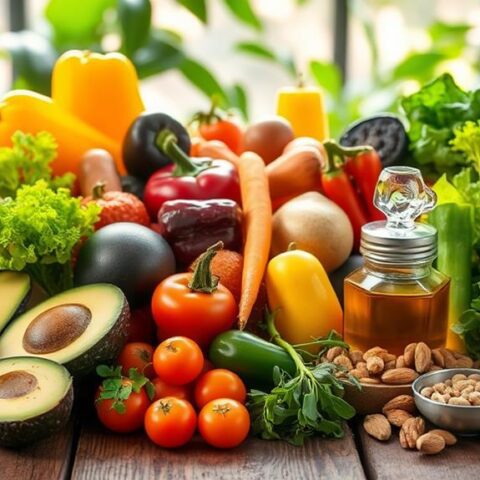
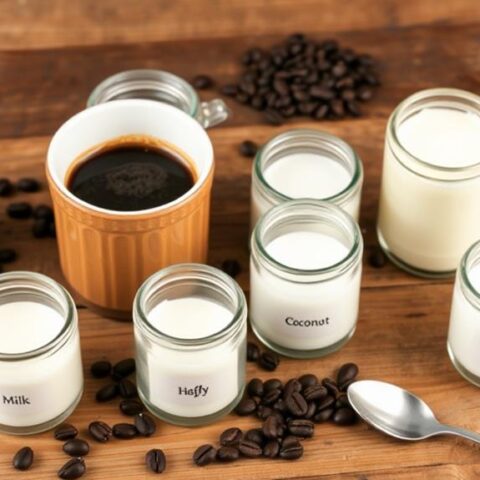
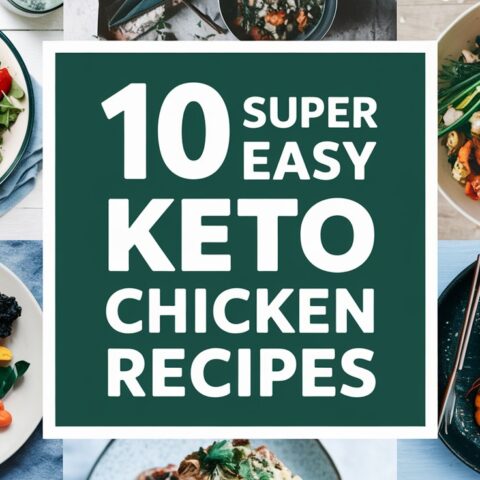

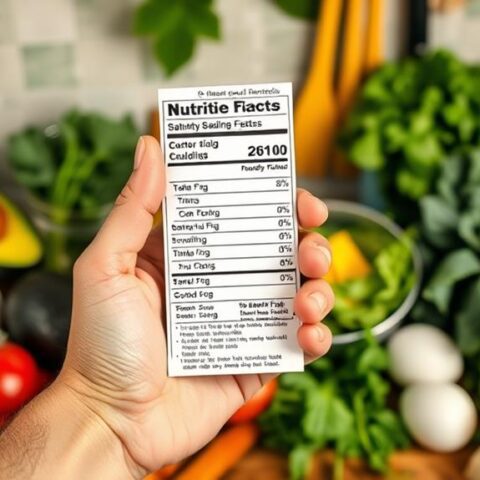




No Comments